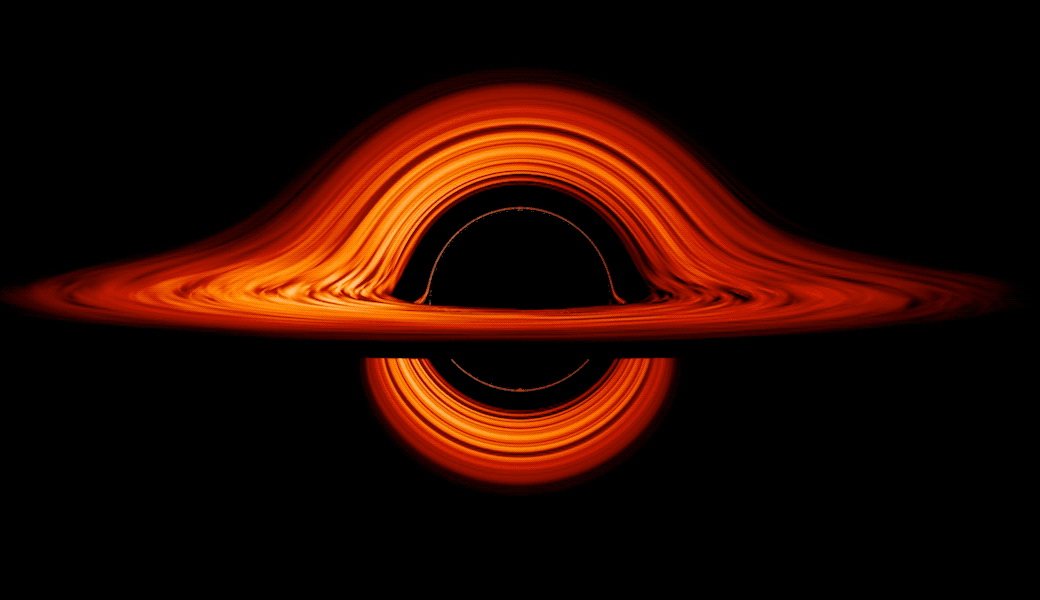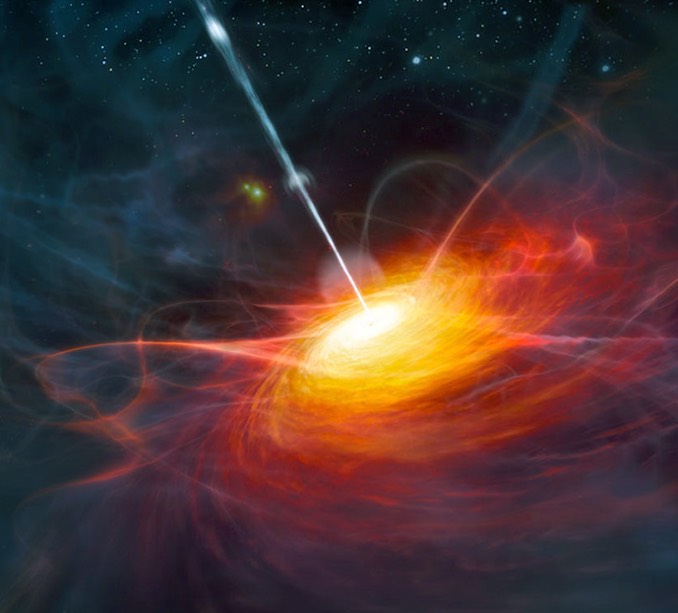KNOWLADGE IS GIVEN BELOW
**Nachosian** is a space-inspired blog that dives into the wonders of the universe, from mind-bending questions like "Can a star be smaller than a planet?" to captivating facts about black holes, time travel, and cosmic phenomena. With a visually engaging style and simple explanations, Nachosian makes space exploration exciting and accessible for curious minds of all ages.
What Happens If You Fall Into a Black Hole… and Survive?






